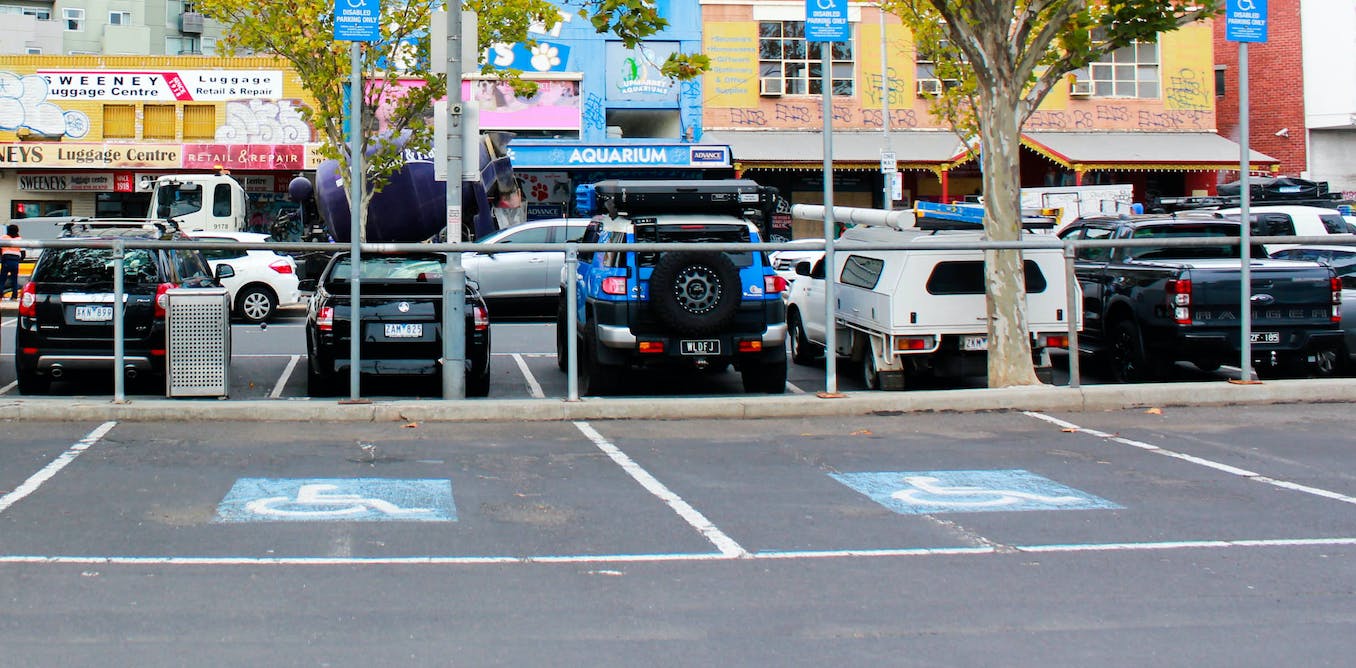I think this article neglects how few people it takes riding the bus to make a bus line worth it. It doesn’t even require massive technological strides or innovation. It just takes purchasing buses and maintenance facilities, and hiring mechanics and drivers. I know that’s a big upfront cost, but it pays off so fast. Even my small rural county in West Virginia, United States, has a bus system that sees high usage. I don’t know for sure that Australia has the same resistance to buses as we do here, but I have my suspicions based on the article discussing how many single user vehicle users are causing issues. And I also understand that for rural Australia, that doesn’t address the problem, but it still seems worth a mention
Currently, a large diesel SUV typically emits a kilogram of CO₂ for every 3 kilometres of driving, compared to 15km for a light electric vehicle and 200 kilometres for an e-bike. An average electric vehicle currently emits 1kg of CO₂ every 7km.
Key takeaway I think. Vehicules that weight more than you, use energy to move themselves more than they use it to move you. It gets worse the heavier the vehicule is.
Cars are not the way forward to reach net zero emissions. You need to build an actual transport system, not re-model the one we currently have that is very much car-centric.


